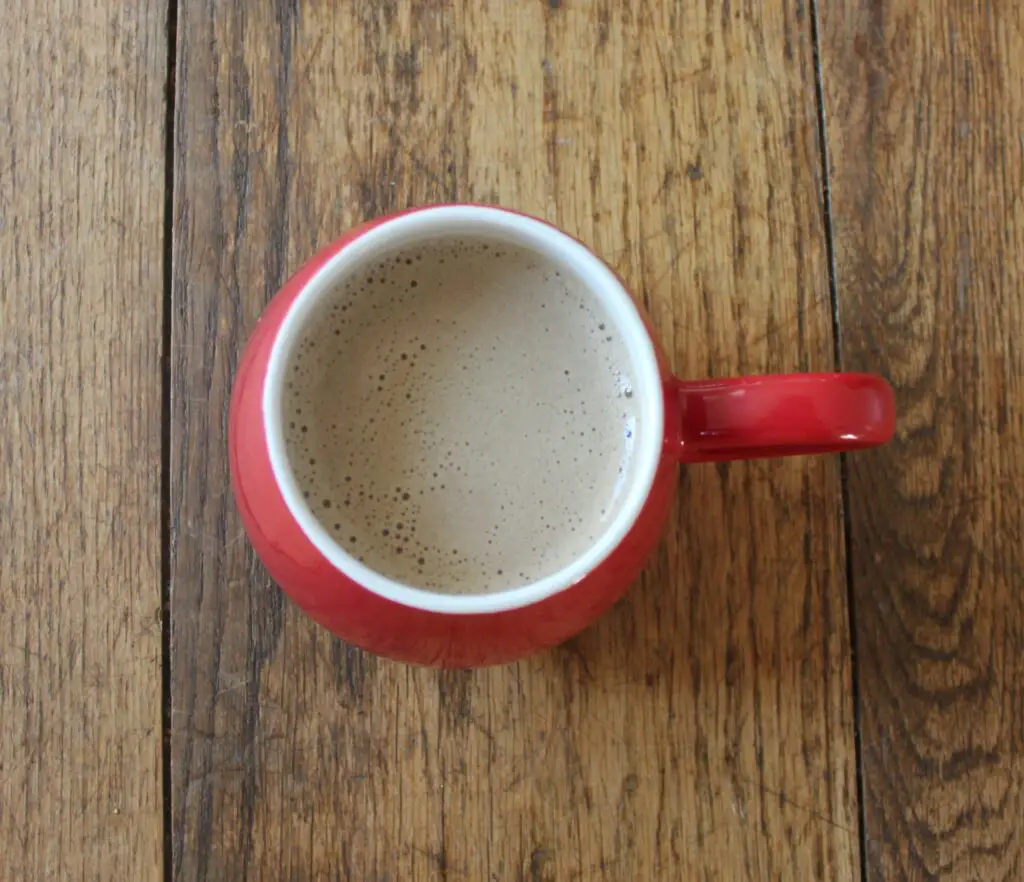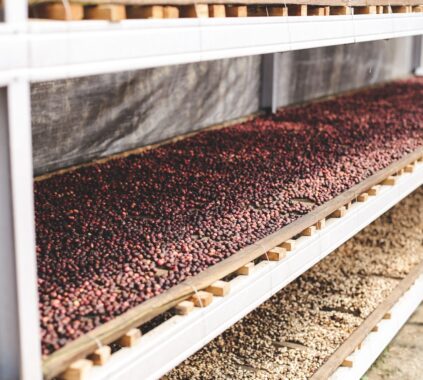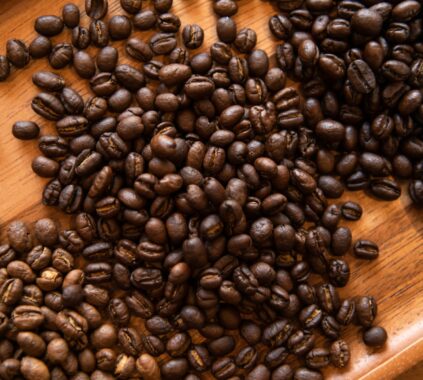Have you ever wondered how that cup of coffee might be affecting your workout performance? In this article, we’ll dive into the fascinating relationship between coffee and cardio, and how caffeine can make or break your workout routine. Grab your mug, and let’s get started!
Table of Contents
Caffeine: The Workout Wonder Drug?
Caffeine, the magical substance found in coffee, has long been known for its stimulating effects. It’s what gives you that much-needed energy boost in the morning and helps you power through a long day. But did you know that caffeine can also give your workout a significant boost? It’s true! Let’s explore how caffeine can enhance your cardio performance.

Improved Endurance and Reduced Fatigue
Say hello to your new workout buddy: caffeine. Studies have shown that caffeine can improve endurance in aerobic exercises, such as running and cycling, by reducing fatigue and allowing athletes to maintain a higher intensity for longer periods. So next time you’re tempted to hit the snooze button, remember that your morning cup of Joe might just give you the extra push you need to conquer that hill or set a new personal record.
Increased Power and Strength
Coffee isn’t just for cardio lovers. Weightlifters, rejoice! Caffeine can also enhance power and strength, helping you lift heavier weights and perform more reps. This is because caffeine can increase the release of calcium in your muscles, leading to more forceful contractions. Just imagine what a shot of espresso could do for your deadlifts!
Faster Recovery
If you thought caffeine’s benefits ended when your workout did, think again. Research suggests that consuming caffeine after exercise can help speed up the recovery process by reducing muscle soreness and improving the body’s ability to repair damaged muscle tissue. So go ahead, treat yourself to a post-workout cappuccino—your muscles will thank you.
Finding the Perfect Caffeine-Cardio Balance
Now that we know caffeine can enhance your workout performance, let’s talk about finding the perfect balance. Like any good love story, it’s all about timing and dosage.
Timing is Everything
When it comes to coffee and cardio, timing is crucial. To get the most out of your caffeine kick, experts recommend consuming your pre-workout coffee about 45 minutes to an hour before hitting the gym or pounding the pavement. This allows enough time for the caffeine to be absorbed into your bloodstream and work its magic.
Dosage Matters
While a little caffeine can go a long way, more isn’t always better. Studies suggest that a moderate dose of caffeine (about 3-6 mg per kg of body weight) is optimal for enhancing workout performance. For most people, that translates to about 1-2 cups of coffee. Remember, though, that everyone’s caffeine tolerance is different, so it’s essential to find the right amount for you. Start with a small dose and see how your body reacts.

Coffee and Cardio: A Match Made in Heaven?
It’s important to note that, despite its potential workout-enhancing effects, caffeine isn’t for everyone. Some people may experience side effects such as increased heart rate, jitters, or gastrointestinal distress. If you have any concerns about incorporating caffeine into your workout routine, it’s always best to consult with a healthcare professional.
Boost Your Workout Performance
Looking to give your workout a caffeine-fueled edge? Try these coffee products and other caffeine packed products that can help you make the most of your cardio experience:
Links below are Amazon Affiliate Links or Other Affiliate Programs.
- Death Wish Coffee: Touted as the world’s strongest coffee, Death Wish Coffee contains high levels of caffeine to provide the energy boost you need for an intense workout.
- Wandering Bear Cold Brew: With its smooth, strong taste and high caffeine content, Wandering Bear Cold Brew is an excellent choice for a refreshing pre-workout pick-me-up.
- Black Insomnia Coffee: Known as one of the most potent coffees on the market, Black Insomnia delivers a powerful caffeine kick, making it a great option for those seeking a serious energy boost before hitting the gym.
- Nuun Energy: These electrolyte-infused tablets dissolve in water, offering a caffeine boost and essential nutrients to help you stay hydrated and energized during your workout.
- Clif Shot Bloks: Loaded with caffeine, electrolytes, and carbohydrates, these energy chews provide a convenient and portable way to fuel your workout without the need for a coffee stop.

Coffee And Cardio!
Coffee and cardio can indeed make an effective and energizing duo. By incorporating caffeine into your workout routine, you may experience improved endurance, increased power and strength, and faster recovery times. Just remember to pay attention to timing, dosage, and potential side effects. So go on, enjoy that pre-workout cup of Joe and get ready to crush your fitness goals!
FAQ
Q: Can I drink coffee before a workout?
A: Yes! Consuming coffee about 45 minutes to an hour before your workout can help improve endurance, power, and strength during your exercise session.
Q: How much caffeine should I consume before a workout?
A: Aim for a moderate dose of caffeine, about 3-6 mg per kg of body weight, which is roughly equivalent to 1-2 cups of coffee for most people. Keep in mind that individual caffeine tolerance varies, so it’s essential to find the right amount for you.
Q: Can I drink coffee after a workout?
A: Absolutely! Enjoying a cup of coffee after your workout can help speed up recovery by reducing muscle soreness and promoting muscle repair.
Q: Are there any downsides to consuming caffeine before exercising?
A: Some people may experience side effects such as increased heart rate, jitters, or gastrointestinal distress. If you have concerns about incorporating caffeine into your workout routine, consult with a healthcare professional.

Disclosure
Please note that the information provided in this article is for informational and educational purposes only and should not be considered as medical advice or a substitute for professional guidance from a doctor, dietitian, or other healthcare professionals. The author and publisher of this content are not licensed medical professionals, and the views expressed herein are based on personal experience and research. Always consult with a qualified healthcare professional before making any changes to your diet, exercise routine, or lifestyle, particularly if you have pre-existing health conditions or concerns.
Daily Demitasse is a participant in the Amazon Services LLC Associates Program, an affiliate advertising program designed to provide a means for sites to earn advertising fees by advertising and linking to Amazon.com. We also participate in other affiliate programs which compensate us for referring traffic.














